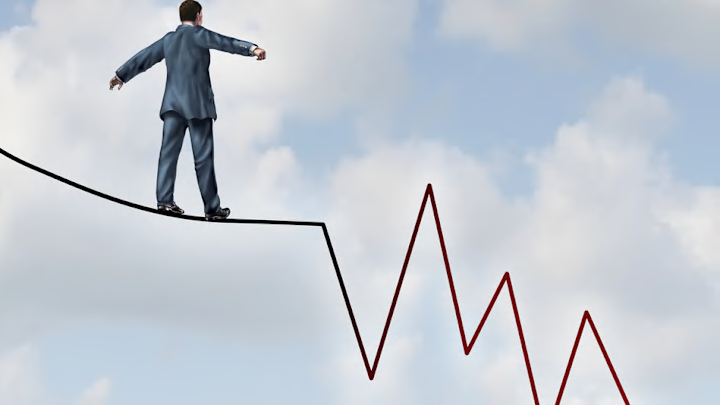What Happens When a Trip Doesn’t Go to Plan

It started with a canceled train. Then came the lost reservation, the closed museum, the downpour that drenched my carefully chosen walking shoes. By day three, I had abandoned my itinerary entirely. What had once been a beautifully mapped-out adventure had turned into a string of unpredictable detours and disappointments.
But something unexpected happened in the wreckage of my plans: I began to feel free.
There’s a unique clarity that comes when you stop trying to salvage the original plan and start paying attention to the moment you’re in. And that’s exactly what this trip—messy, imperfect, human—ended up giving me.
When Control Slips Away
I used to believe that a good trip meant a well-planned one. That research, reservations, and perfectly timed logistics were a safeguard against chaos. But travel has a funny way of shaking loose whatever illusion of control you carry.
The first hiccup was frustrating. The second felt like a test. By the fifth, I let out a breath and laughed. Not because it was funny—but because I knew resisting the unraveling would only make it worse.
When everything stopped going to plan, I had two choices: spiral or surrender. I chose surrender.
The Unexpected Becomes the Experience
Without an agenda, I wandered into a bookstore during a thunderstorm. I stayed for hours, paging through titles in a language I barely understood, sipping tea handed to me by the owner. That moment wasn’t on my itinerary—but it’s the one I remember most vividly.
I found myself saying “yes” more—to invitations, to detours, to the kind of spontaneous decisions I never would’ve made if I’d been busy chasing the next item on my list.
A wrong turn took me to a hidden garden. A canceled tour led to a conversation with a local at a bus stop. Each “mistake” became an open door.
Letting Go of the Checklist
I didn’t see the city from the famous tower. I didn’t eat at the restaurant I had bookmarked a month in advance. I didn’t photograph the landmark I’d dreamed of since I was a kid.
And yet, I left feeling full.
What I did instead was experience the place on its terms, not mine. I let it show me what it wanted to. I stopped evaluating each day by what I accomplished and started noticing how I felt.
And that shift changed everything.
Learning to Trust the Moment
When a trip doesn’t go to plan, it teaches you things no itinerary ever could:
You learn how to adapt.
You discover what you actually enjoy (versus what you think you’re supposed to enjoy).
You become more attuned to the world around you—and to yourself.
There’s a kind of confidence that builds when you realize you can handle the unexpected. That you can navigate unfamiliar streets without a map. That you can turn a bad day around with a change of pace and a good meal.
The Takeaway: Plans Are a Framework, Not a Promise
Now, I still plan my trips. I still love a good Google doc and a thoughtfully packed day. But I hold my plans lightly. I build space for the unknown, the off-course, the serendipitous.
Because sometimes, the best stories come not from the places we meant to visit, but from the places we ended up by accident. Sometimes, it’s the missed train that leads you to the meal you’ll never forget.
And sometimes, when a trip doesn’t go to plan, it turns out better than you ever could’ve planned at all.